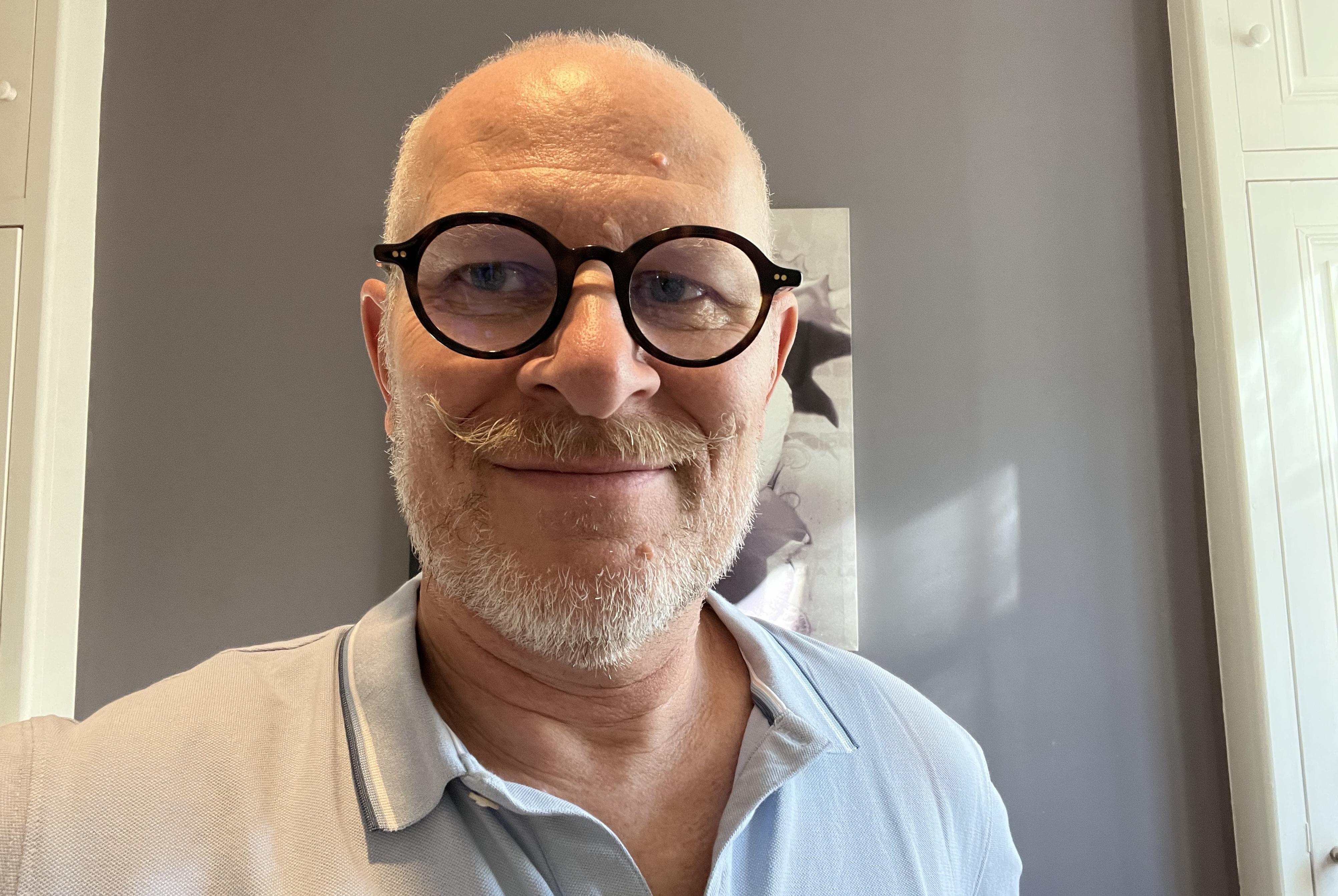After Pink October, it’s time for Movember and men’s illnesses. On this occasion, Why Doctor gives the floor to Olivier, a man suffering from prostate cancer and who has become an ambassador for the Movember France movement to break many taboos around men’s health.

- Olivier was diagnosed with prostate cancer when he was 57 years old. “The cancer was already advanced. I decided to have surgery and do a total prostatectomy,” he explains.
- He then fell into severe depression for a year: “Physically I was fine and yet, I took the shock of the announcement very badly, I couldn’t sleep anymore.”
- Last summer, tests revealed the return of his cancer, three years after the total prostatectomy. Under treatment, he would like to do a genetic test to find out if he carries specific genes that he could have passed on to his three sons.
“I was diagnosed with prostate cancer three years ago”, Olivier explains to me, who wants to break many taboos on men’s health. This cancer is the most common in men, with nearly 60,000 new cases and 9,200 deaths each year in France.
Let’s start by going into a little more detail about how this diagnosis took place… A memory that still leaves a bitter taste. “I was followed by my general practitioner who had me take blood tests once a year since I turned 50. My PSA level [Antigène Spécifique de la Prostate, NDLR] increased a little the year I turned 56, but I knew absolutely nothing about it and my doctor didn’t alert me”, recalls the father of three boys. The following year, this PSA dosage, which makes it possible to detect and monitor the progression of prostate cancer, was even higher and reached 9 ng/ml; knowing that a level is considered “normal” when it is around 4 ng/ml. “I asked my doctor to do some digging, and he simply said I could go see a urologist if I wanted.”
The doctors noticed that there was a lesion in the prostate… Then everything happened very quickly.
The first appointment with the specialist does not prove conclusive for Olivier: “He did a rectal exam on me and as he didn’t feel anything, he told me to go home and come back in six months, and that I was certainly too stressed because we were in the middle of the Covid-19 period…” Three months later, the father still has this feeling which pushes him to consult the urologist again, despite the absence of significant symptoms – as is often the case with this cancer. “By insisting, he ended up offering me an MRI and the doctors found that there was a lesion in the prostate… Then everything happened very quickly.”Examinations confirm the presence of cancer cells in the prostate, up to 80%.
“The cancer was already advanced. I decided to have surgery and a total prostatectomy.” This removal of the prostate is not a trivial operation because it causes potential adverse effects such as urinary incontinence or even erectile dysfunction. Furthermore, this operation leads to a permanent disappearance of ejaculations because the seminal fluid which is part of the composition of sperm can no longer be produced. However, sexual pleasure is not impaired. “On this subject, there are still many taboos that must be broken”, asserts Olivier.
His cancer treated, the fifty-year-old must now face a diminished psyche which leads to generalized discomfort. “At the time of the announcement I was angry with my general practitioner, I was angry with the whole world. Finally, during the whole healing process we go all out and then afterwards, we realize that the mind is no longer following…” Men’s mental health is another subject close to his heart: “I received an education that many other men of my generation also received, namely ‘a man must be strong, a man must not cry’… It’s societal. So it must be said: a man has the right to be slack.”
Depression after the announcement of the diagnosis
Proof of this is given as he falls into severe depression for a year. “Physically I was fine and yet, I had a hard time coping with the shock of the announcement, I couldn’t sleep anymore… I was stopped for a year and today I’m back on part-time therapy but I’m still on antidepressants. .” The computer scientist also deplores a return to professional life that was ill-suited to what he had just experienced, with colleagues and superiors who do not necessarily realize the difficulties encountered when facing cancer. “This is another subject, but you should know that social reintegration after cancer is really difficult. Returning to work after cancer is an invisible handicap”, he judges.
Last summer, Olivier learned that the cancer had returned. “We first saw it reappear with tumor signs in the blood with a PSA level of 0.2 ng/ml. I then did a Pet-Scan to see where the enemy had reappeared… The good news is that we didn’t see anything! So the first line of treatment is to carry out radiotherapy: we bombard the place where the organ was, that is to say in the pelvis, in the prostate compartment because we consider that this treatment, coupled with hormonal therapy, will be able to put the disease back to sleep for a few years.”
Prostate cancer: a genetic test to know the risks of your sons
The father of three boys would now like to take a genetic test to find out if he carries specific genes that he could have passed on to his children. “I haven’t done it yet because it’s complicated, especially because it’s not systematically reimbursed.”
Olivier is part of the association Cerhom (End of canCER and beginning of HOMme), which offers a helpline to new patients with male cancers who can discuss with former patients and health professionals.
Olivier is also an ambassador for the movement Movember France whose aim is to raise awareness among men and their loved ones about men’s health problems. It is a foundation which also finances numerous projects around men’s health around the world. Men who want to support the movement can grow a mustache throughout the month of November.











-1739366311.jpg)






